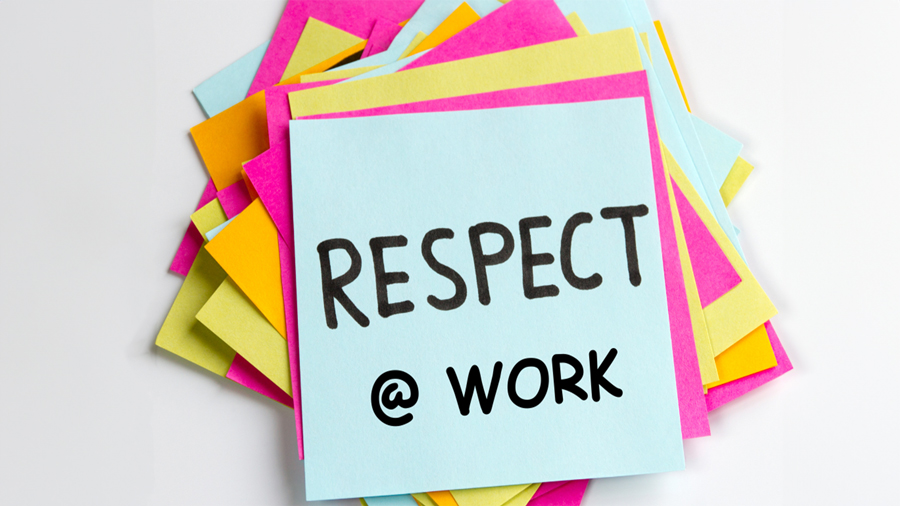When to Hire an External Investigator?
As a human resources professional or manager, you may be responsible for conducting or assigning workplace harassment investigations into problematic employee behaviour. Allegations may include:
- An employee makes a formal harassment or discrimination complaint.
- Allegations surface regarding inappropriate workplace conduct; or,
- A workplace has become “poisoned” and dysfunctional.
These situations can be challenging for employers, and carry the potential for costly litigation through an application under the Human Rights Code, a complaint under the Occupational Health & Safety Act, or a lawsuit. A thorough and competent investigation will enable the employer to manage these risks by reducing the potential for litigation, and demonstrate due diligence in the event that litigation occurs.
Risks of an Internal Investigator:
Some organizations have the capacity internally to conduct effective investigations, however there may be limitations or risks associated with proceeding internally in all cases. Other organizations may not have the capacity to conduct an immediate and thorough investigation. There are several issues that employers should consider when evaluating whether to retain an external investigator.
Skills and Expertise: Each investigation is different, and each involves different types of misconduct.
An experienced investigator:
- Understands the laws pertaining to the type of incident
- Knows what to look for and how to get the information they need to complete the investigation on time
- Understands the requirements and expectations should a case proceed to court
Impartiality:
Selecting a harassment investigator who will not only be impartial, but is perceived as being neutral by employees and management is critical to the confidence and success of the investigation. When selecting investigators (internal or external) consider pre-existing interests or biases that could raise doubts about impartiality.
Are there prior relationships between the investigators and those involved in the investigation?
Does their role in the workplace require them to report or delegate to any of the involved parties?
Are there potential or perceived conflicts of interest?
Appointing an workplace harassment investigator who is perceived to be biased will compromise confidence in the investigation process and jeopardize the entire investigation. Retaining an external investigator may be appropriate in those circumstances where impartiality and credibility are concerns. Employees may be more comfortable talking to “an outsider” who is neutral and impartial.
The benefits of an external investigator include:
- understanding how to prepare a report that will likely be evidence or a defense in litigation or a government investigation.
- less interruption to business.
- more effective interviews, and
- demonstrate that the company is taking the complaint seriously
Timeliness
In order to reassure a complainant that the complaint is being taken seriously, it is important that the investigation be conducted as quickly and as thoroughly as possible. A complainant who feels his or her complaint is being dealt with appropriately is less likely to file a human rights complaint, hire a lawyer, or initiate some other form of litigation.
Timeliness also increases the investigator’s ability to obtain the relevant facts and deal with the concerns in a manner that instils confidence among all the parties. In choosing whether or not to proceed with an internal or external investigator, consider the investigator’s availability and ability to proceed immediately without other distractions and workplace demands.
Severity
In potentially serious cases, consider retaining an external expert who is experienced in conducting investigations.
Serious cases may include situations where:
- Government is involved (Human Rights Tribunal, Ministry of Labour).
- Risk of lawsuit or government investigation.
- More than one employee complains about the same serious problem (e.g. systemic racism, toxic work environment, bullying, etc.)
- The accused is a high-ranking employee.
- The complaint is subject to media attention.
- The complainant has hired a lawyer, filed a suit or there has been a complaint filed with a government agency.
- The accusations are extremely serious and may threaten the reputation of the organization.
- There is a heightened need for objectivity and impartiality.
Contact HR Proactive Inc. to engage our services for a Workplace Harassment Investigation











